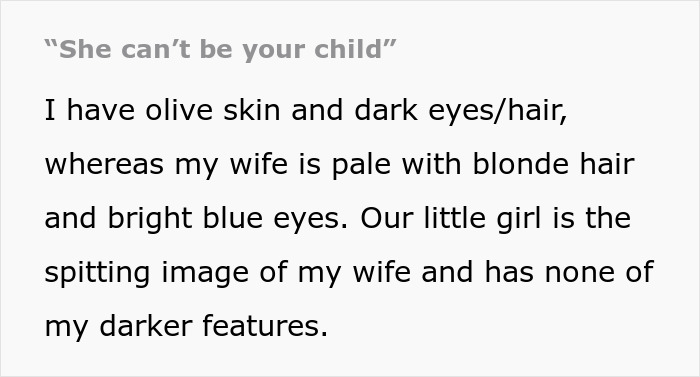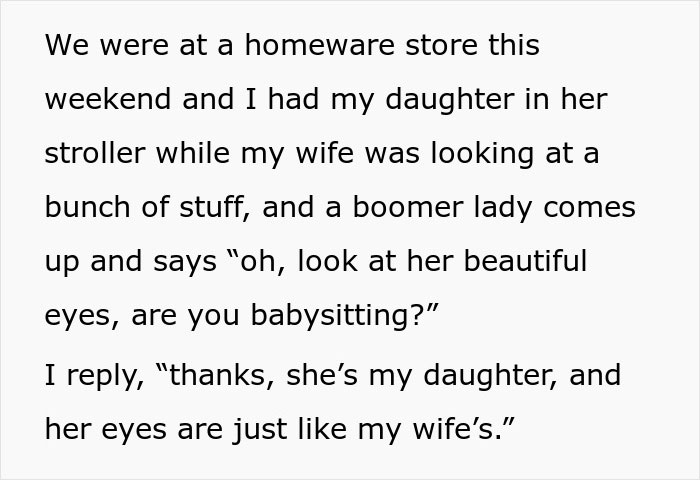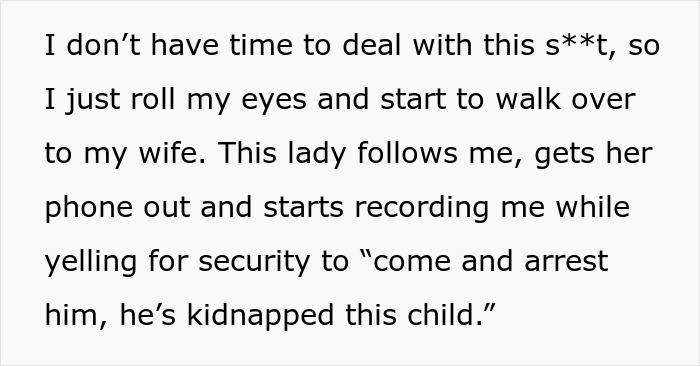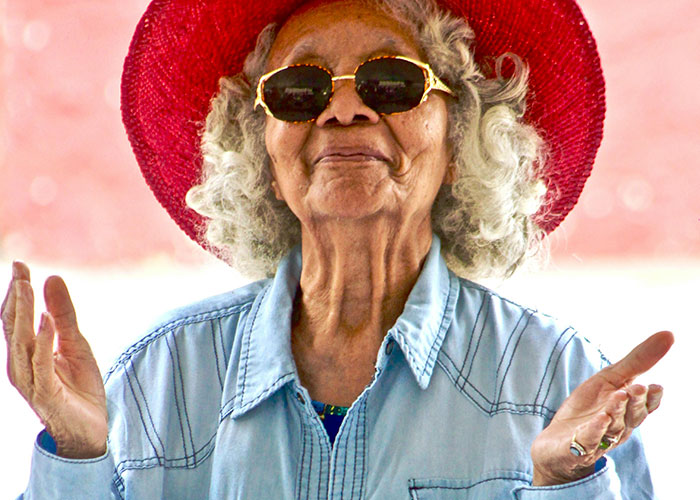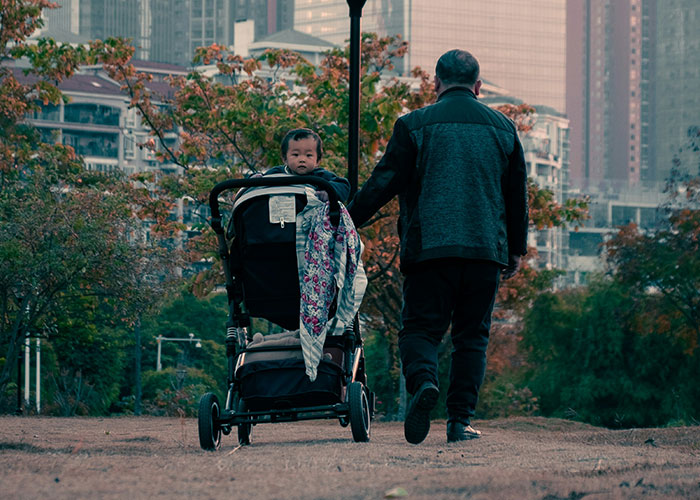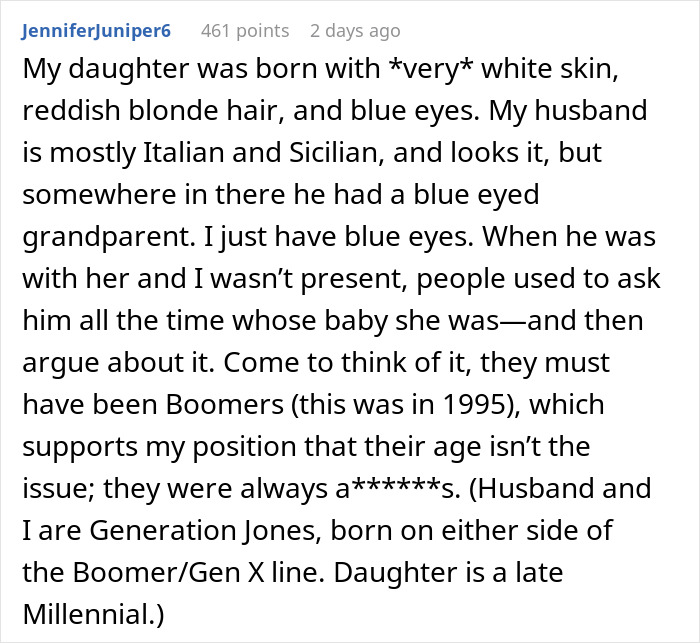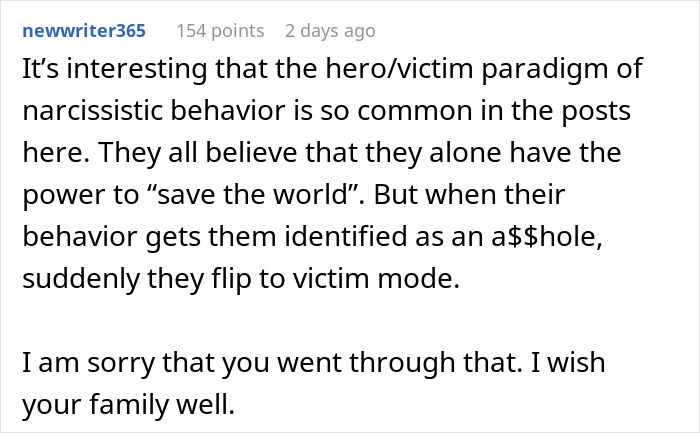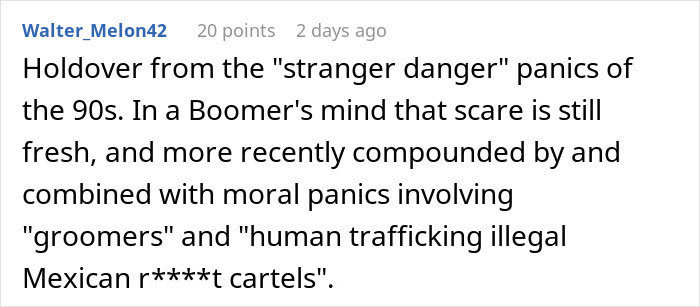For this redditor, it was a random woman in a homeware store who started talking to him about his daughter, asking if he was babysitting the child. When he said “she’s my daughter”, the woman could not believe him and started yelling for security, just because the little one didn’t look much like her father. Bored Panda has reached out to the OP and he was kind enough to answer a few of our questions. Scroll down to find his thoughts in the text below.
Some individuals are keen on getting themselves involved in other people’s business
Share icon Image credits: oneinchpunchphotos / envato (not the actual photo)
An elderly woman couldn’t believe a child can look nothing like their parent, so she called security on this father
Share icon
Share icon Image credits: Colin Maynard / unsplash (not the actual photo)
Image source: RefrigeratorWide144
Generational differences might be one of the possible causes for similar occurrences
Share icon Image credits: Nashua Volquez-Young / pexels (not the actual photo) In a recent interview with Bored Panda, the OP shared that encounters like the one he described in the story don’t happen too often. “This is the first time it’s happened to this severity,” he said, adding that what upset him the most was the fact that if his wife wasn’t there, the situation could have turned out differently. “[Baby boomers] seem to have some sort of vigilante complex,” the redditor noted. According to him, said generation doesn’t really have the capacity to accept change, while “younger generations welcome change, as change is progress”. The difficulty accepting change might be related to the significant shift in, well… more or less everything in life, if we were to compare the periods of baby boomers in their youth and the life of young adults now. Take millennials, for instance; currently the largest generation there is (preceded closely by Gen Z and baby boomers respectively, based on 2022 data), they seem to have different views or goals from those of baby boomers. According to the Pew Research Center, millennials are better-educated and less eager to get married or start a family young. In addition to that, they have reportedly brought more racial and ethnic diversity to society and more women into the workforce, as the females of the millennial generation—as well as their Generation X counterparts—“are more likely to participate in the nation’s workforce than prior generations”.
Many baby boomers have likely feared for the safety of their own children due to ‘stranger danger’ in the 1980s
Share icon Image credits: Peijia Li / unsplash (not the actual photo) Another thing baby boomers and younger generations might not have in common, in addition to the differences in lifestyle and their environment, is the fear related to the so-called ‘stranger danger’. Possibly one of the reasons behind the baby boomers’ vigilante complex the OP mentioned, stranger danger was a phenomena based on heightened societal concern over the number of missing children in the US and the UK back in the 1980s. According to research on the alarming phenomenon, before said time, stories about kids going missing would rarely make the national news, but that changed after the highly publicized coverage of a few cases between late 1970s and early 1980s. The research suggests that, “Increasing national media coverage and political attention fueled parental and societal concern about the possibility of an epidemic of missing kids”. Chances are, having lived through the disturbing time herself, the woman in the OP’s story remained vigilant and concerned about children going missing. However, being fearful does not justify viewing every person with a child as a threat to said child or believing that every kid that does not look a lot like their parent isn’t actually theirs.
Fellow netizens shared their thoughts and discussed their own experiences in the comments
Share icon
Anyone can write on Bored Panda. Start writing! Follow Bored Panda on Google News! Follow us on Flipboard.com/@boredpanda!

